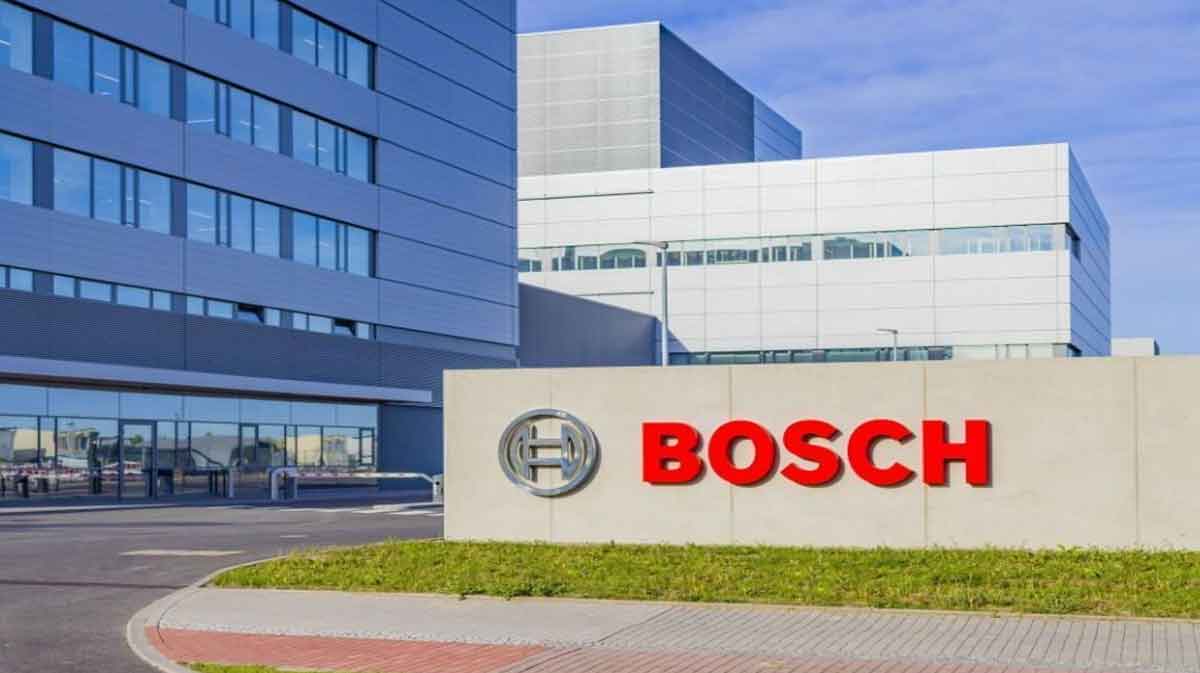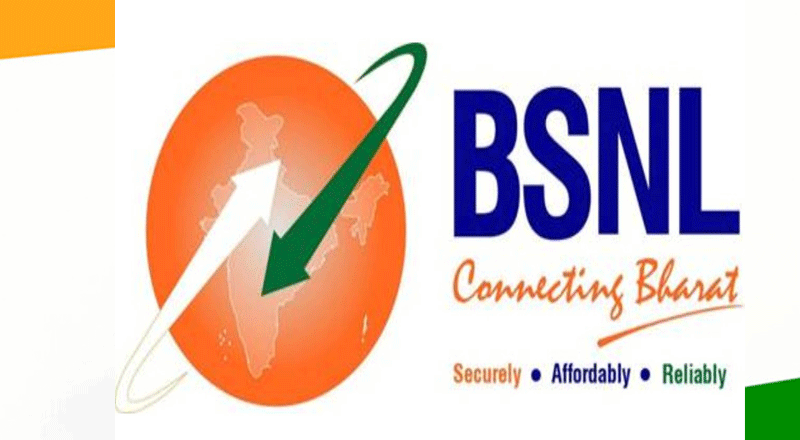A Challenging Year for the Automotive Industry
Amid a challenging economic climate for the automotive sector, German tech giant Bosch has announced significant layoffs, citing lower-than-expected returns on sales in 2024. As a leading supplier of essential automotive parts, Bosch is expected to lay off 7,000 employees across its German plants, with a focus on the automotive supply sector. The decision reflects broader difficulties facing the automotive industry, which has seen declining revenues and cost-cutting measures from major players. Bosch’s move highlights the struggles and shifting priorities within this sector as it confronts intense global competition and rising operational costs.
Financial Challenges and Revenue Pressures
Bosch’s CEO Stefan Hartung stated that the company would likely miss its economic targets for the coming year. In 2023, Bosch generated nearly £80 billion in revenues, with a return on sales reaching 5%. However, expectations for 2024 are grim, with the return on sales projected to decrease to 4%, significantly lower than the company’s target of 7% by 2026. “We cannot rule out the possibility of further adjustments to staffing levels,” said Hartung, acknowledging the ongoing financial pressures Bosch faces in achieving its growth targets.
Layoffs and Strategic Adjustments
The layoffs will impact Bosch’s automotive supply sector, which manufactures essential components such as brake pads, sensors, and safety systems. The reduction will also affect the tools department and BSH, a subsidiary focusing on household appliances. These adjustments reflect Bosch’s efforts to balance workforce costs with market demands and revenue challenges.
Hartung’s statements underscore the company’s need to reassess staffing in light of slower-than-expected economic growth. The automotive industry has been grappling with an array of issues, from supply chain disruptions to declining demand for combustion engine components as the industry moves toward electric vehicles (EVs). The announcement adds to the pressures within Germany’s economy, where similar cost-cutting measures have emerged across major car manufacturers, including Volkswagen, which recently reported a significant drop in quarterly profits and has faced labor tensions over cost-reduction plans.
Strategic Shift: Investment in New Growth Areas
In parallel with these workforce reductions, Bosch has set its sights on diversifying its business portfolio to mitigate dependency on the traditional automotive sector. In its largest acquisition to date, Bosch recently purchased Irish company Johnson Controls for £6.4 billion to enhance its position in the heat pump and air conditioning markets. This strategic shift represents Bosch’s commitment to growth in emerging sectors, particularly in energy-efficient technologies, as demand for sustainable solutions increases globally.
The Broader Implications for Germany’s Economy
The challenges faced by Bosch are indicative of a wider trend affecting Germany’s automotive sector, a cornerstone of the country’s economy. With rising operational costs and slowing global demand, German auto suppliers and manufacturers are finding it increasingly difficult to maintain profit margins. Hartung’s call for governmental support reflects concerns across the industry, as companies seek policies that could alleviate financial burdens and facilitate transitions to new technologies.
Navigating Uncertainty and Exploring New Avenues
As Bosch navigates this challenging period, the company’s actions reflect both the immediate need to stabilize financial performance and the longer-term strategy to diversify its portfolio. While the layoffs present difficult choices for employees and communities dependent on Bosch’s presence, the company’s investment in sustainable technologies underscores its adaptability in an evolving market. With careful planning and a forward-looking approach, Bosch aims to strengthen its resilience in a shifting global landscape, hoping to emerge stronger through its commitment to innovation and strategic expansion.
(With inputs from agencies)





